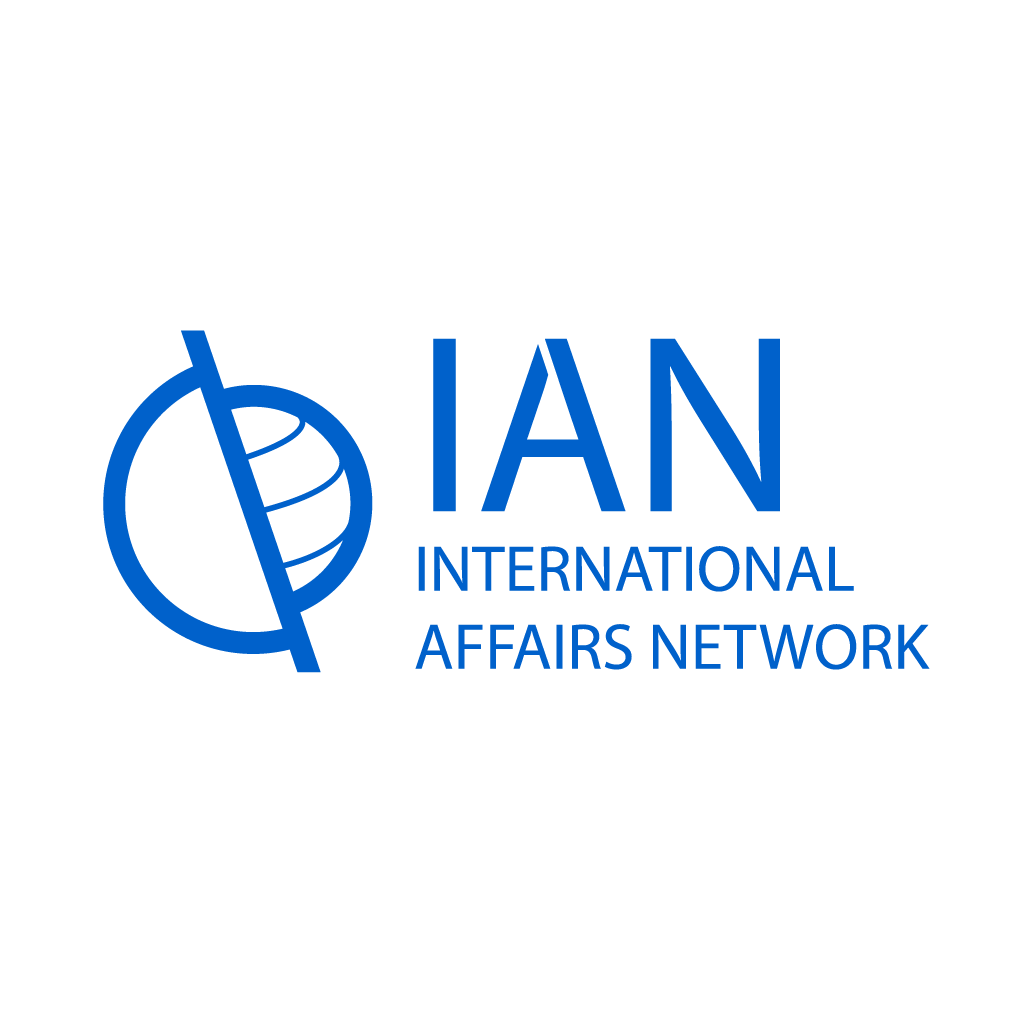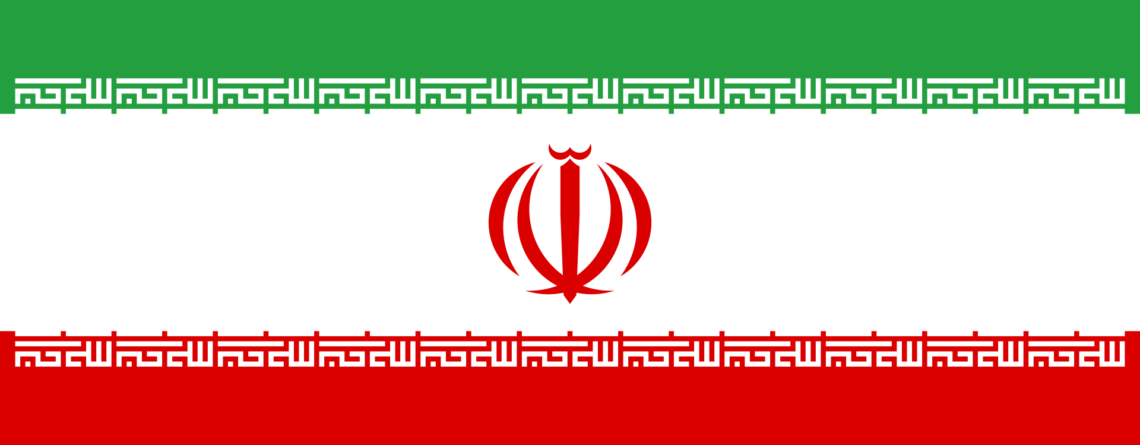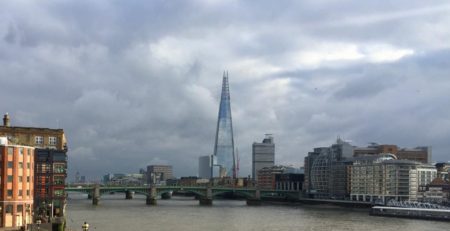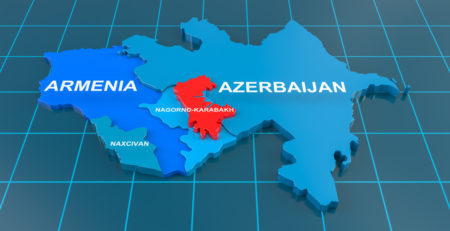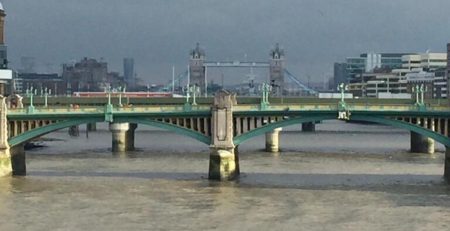Iran is losing the high ground
By Samuel de Paiva Pires and Inês Domingos
The US attack against Qasem Soleimani has heightened tensions and sparked international and domestic effects in several countries, especially in the US and Iran. Donald Trump, who faces impeachment and presidential elections this year, was promptly accused of leaving the country on the brink of a new war. This would be contrary to one of the central pillars of his foreign policy, not to start wars and pull the US out of ‘endless wars’. Several critics pointed out that this attack would be an attempt to divert attention from the impeachment process and others stressed that its decision-making process once again highlights Trump’s impulsiveness and unpredictability and the weakening of the interagency process by the current Administration. It has been argued that the decision to attack Soleimani lacked a careful process that would assess the strategic, legal and political implications of the operation, prompting the House of Representatives to pass a symbolic resolution restating the War Powers Resolution, the Act which requires the President to seek Congressional consent to deploy military forces abroad – something that has been at the center of the dispute between the two branches for centuries. Foreign policy and relations with Iran thus appear to be increasingly salient in the campaign for the 2020 presidential election.
But while the attack on Soleimani seems rash and was an option presented to Trump as the most dramatic among an array of possible responses, it fits in with what might be considered his Jacksonian foreign policy line, i.e. non-interventionism and distaste for starting new wars but strong reactions to perceived threats. In this case, it was a decapitation strike justified by alleged imminent threats and also by Soleimani’s responsibility in the deaths of hundreds of Americans in the Middle East through the use of Shiite proxies, the militias that Iran has directly supported in several countries across the region.
Although few Presidents would be willing to make this decision, it was nonetheless a limited operation that sent a strong deterrent message to Iran and its proxies. Similarly, Iran’s retaliation, the missile attack on military bases in Ayn al-Asad and Erbil in Iraq which caused no deaths, was a circumscribed operation that allowed Iran to save face and offered Trump an off-ramp which he accepted in his speech the following day. When it seemed that the tit-for-tat escalation could give way to diplomatic negotiations, in similar fashion to what happened with North Korea, the accidental shooting down of a civilian plane, which Tehran sought to cover up before admitting the error, undermined Iran’s strategy and increased international and domestic pressure, sparking a new wave of protests in the country. In addition, the announcement of the abandonment of the nuclear agreement reached in 2015, from which the US withdrew in May 2018, reinforced the legitimacy of Washington’s ‘maximum pressure’ strategy due to well-founded fears that Iran might develop nuclear weapons.
Moreover, shooting of civil aviation airplane rekindled the internal protests which had been silenced in November. Last year, the unrest was related to the effects of economic sanctions and corruption. This time around internal critics turn to the leaders’ inability to deal with the US-Iran crisis, the downing of a civilian plane which killed mostly Iranians and has led criticism even with the ranks of the leaders. Protests may have fewer participants than those motivated by economic hardship last November, but they are also much more politically charged.
The Iranian actions also had a significant external impact as Europeans triggered Iran nuclear deal’s dispute mechanism, months after the US abandoned the deal. The attack on civilians also infuriated mourning countries, particularly Canada, the UK and Ukraine. Tensions are mounting and instability in the region will most likely rise, but Iran lost the high ground that it gained with many in the public opinion when President Trump pulled out of the nuclear deal in 2018.
Despite evidence of Iran’s crucial role destabilising the region, the attack on Soleimani could have boosted Iran’s position as almost a “victim” of President Trumps external policy. But Iran´s response attacking a civilian plane, allegedly by mistake, and covering it up initially, will do much more damage to its reputation. It may not be enough to trigger an Iran Spring, but it surely enough to keep Iranian leaders on their toes.
